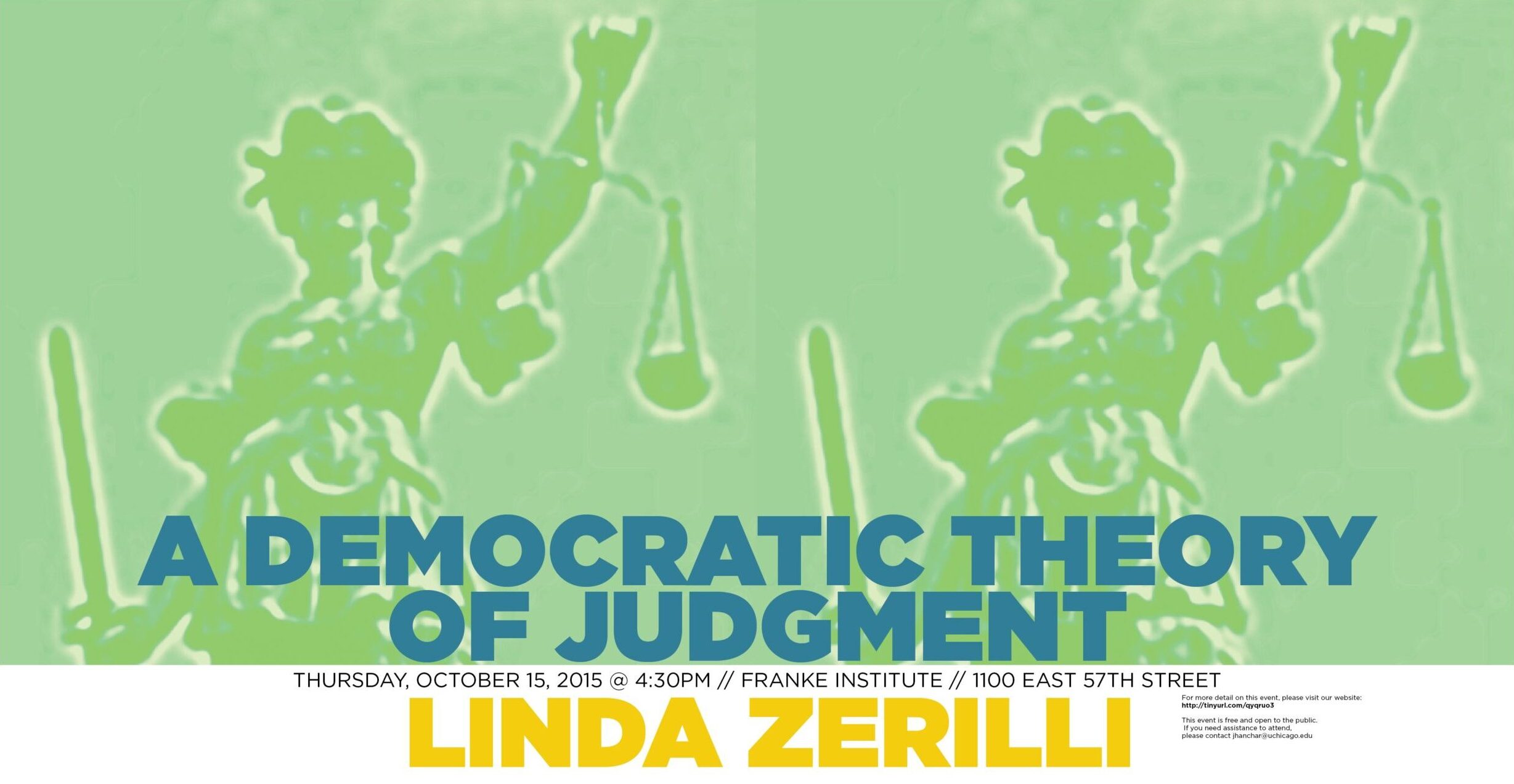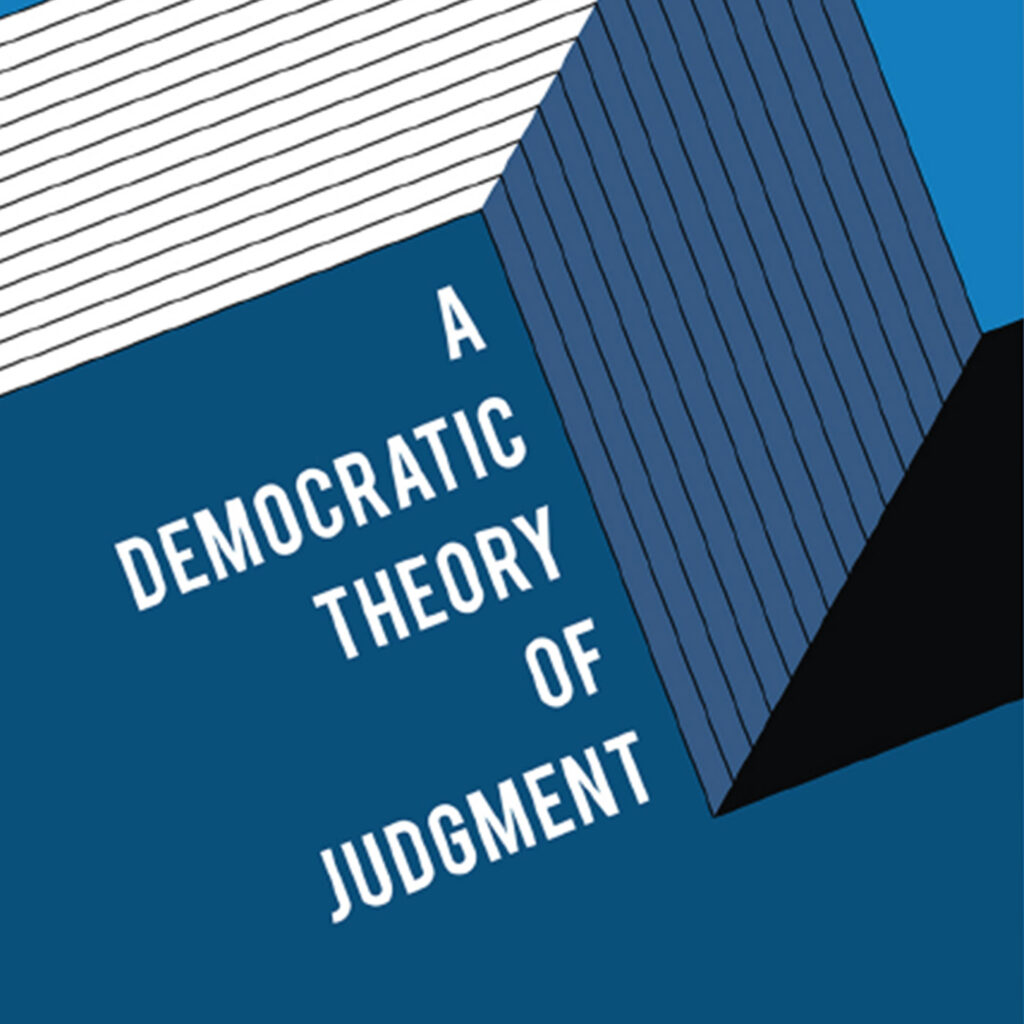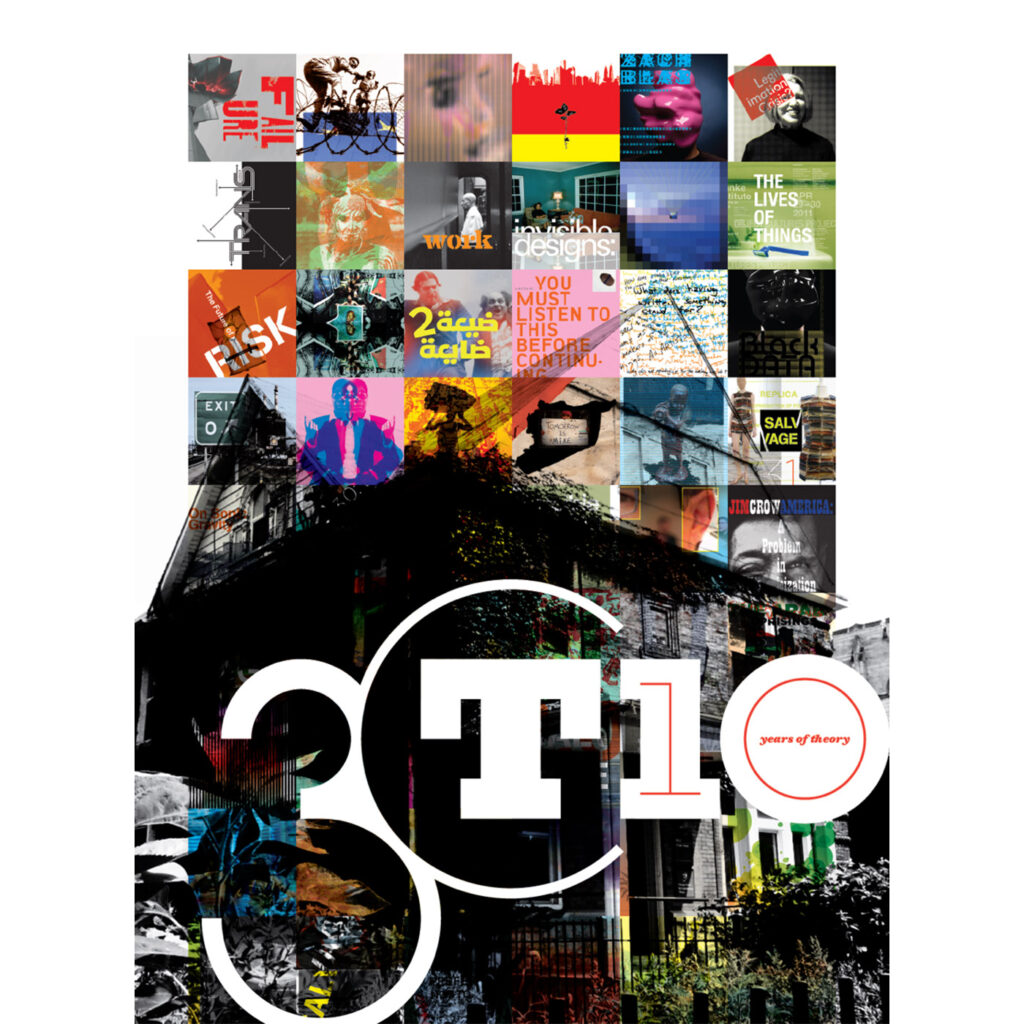Categories
Linda ZerilliA Democratic Theory of Judgment
Thursday, October 15, 2015, 4:30pmWhat would it mean to foreground the capacity to judge critically and reflectively as a central feature of modern democratic citizenship? In plural democracies, democratic citizens find themselves increasingly called upon to make judgments about practices not always their own, judgments that require what Hannah Arendt called the imaginative practice of “representative thinking,” thinking from standpoints one does not necessarily share. To engage in such thinking is to resist the temptation, on the one hand, to employ one’s own concepts as rules with which to subsume the particulars calling for judgment and, on the other hand, to assume that in the absence of rules, one cannot judge at all. The idea that something must underwrite a democratic practice of judgment, something must ground mutual intelligibility in the political realm risks entangling judging subjects in fantasies concerning that nature and power of rules that lead them to lose track of their our own part or voice as democratic citizens in deciding what will or will not count as a matter of common concern. How might this demand for a rule-governed account of democratic normativity and judgment be challenged without falling back into the nonrationalist approaches that figure the other face of Neo-Kantianism’s tenacious hold on contemporary political thought?
Linda Zerilli is the Charles E. Merriam Distinguished Service Professor of Political Science and the College. She is the Faculty Director of the Center for the Study of Gender and Sexuality. Zerilli is the author of Signifying Woman (Ithaca, NY: Cornell University Press, 1994), Feminism and the Abyss of Freedom (Chicago: University of Chicago Press, 2005), A Democratic Theory of Judgment (Chicago: University of Chicago Press, forthcoming 2016), and articles on subjects ranging across feminist thought, the politics of language, aesthetics, democratic theory, and Continental philosophy. She has been a Fulbright Fellow, a Member of the Institute for Advanced Study, and a Stanford Humanities Center Fellow. She has also served on the executive committee of Political Theory and is currently serving on the editorial or advisory boards of The American Political Science Review, Philosophy and Rhetoric, Constellations, and Culture, Theory and Critique.



